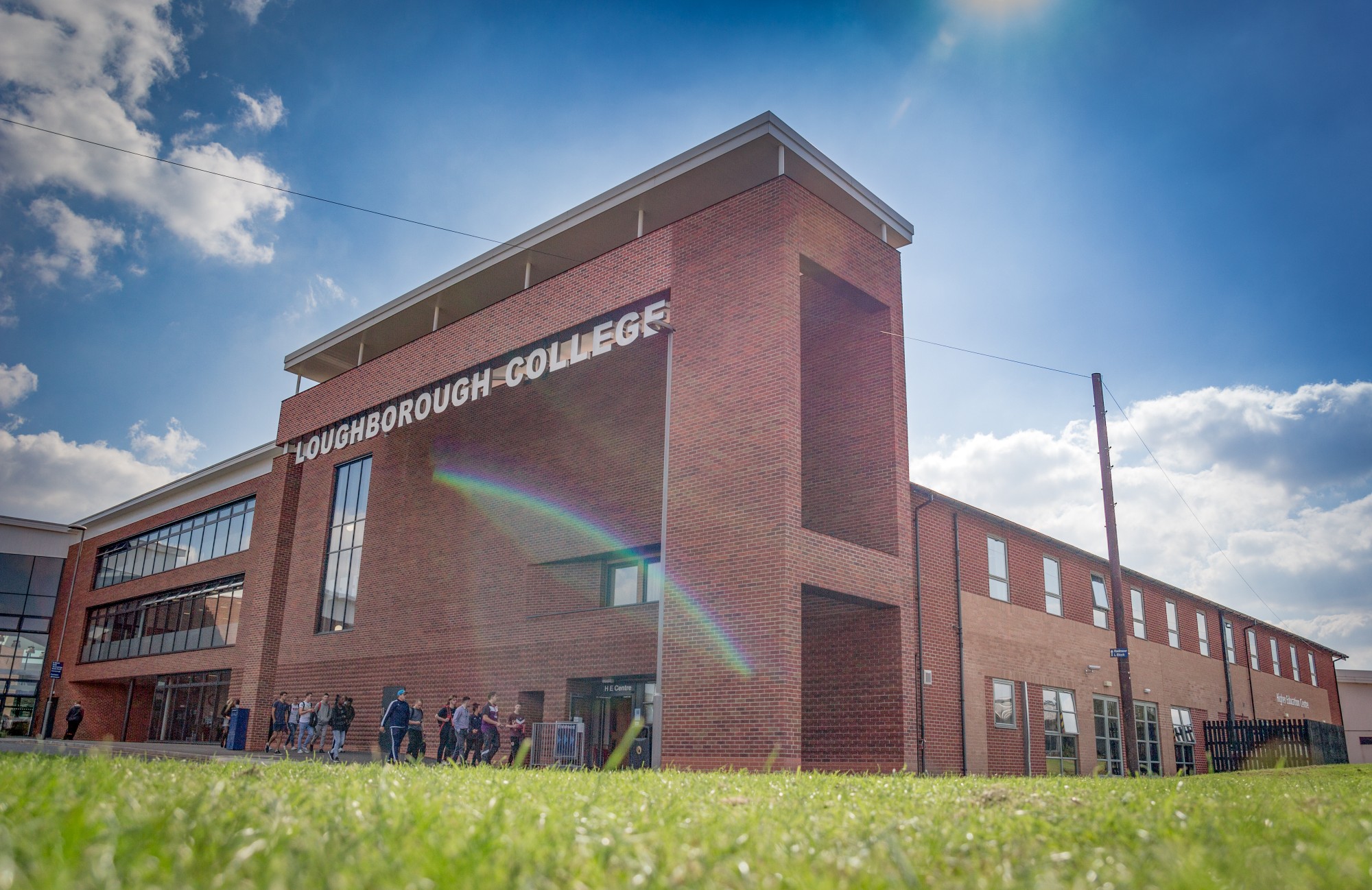A-level Sociology allows students to think critically about the society we
live in and how various socio-economic structures impact upon different groups'
experience of social life.
In Year 12 we examine the institutions of the education system and the family
unit, considering the context of how and why these cornerstones of society have
changed over time.
Students will also study the development of social and educational
policy. The methodological and theoretical practices undertaken by
sociologists are studied across both years and are central to the A Level
examinations.
In Year 13 students will build upon their existing knowledge and apply
it to the criminal justice system and the various theories pertaining to
criminal and deviant activity, as well as considering the role and impact
of the mass media in contemporary society. To be successful within this
discipline students must be capable of constructing arguments and applying and
evaluating theoretical concepts.
It is advantageous for students to have an interest in, or at least an
awareness of, national and international current affairs, as this will
often form the basis of class discussions.



